
The gene therapy is also being assessed for long-term safety data, as well as an additional delivery method.

Matt Hoffman, Editorial Director for NeurologyLive, has covered medical news for MJH Life Sciences, NeurologyLive’s parent company, since 2017. He executive produces the NeurologyLive Mind Moments® podcast, and hosted the Medical World News show Deep Dive. Follow him on Twitter @byMattHoffman or email him at [email protected]

The gene therapy is also being assessed for long-term safety data, as well as an additional delivery method.

Patients under the age of 65 were not shown to derive benefit from DBS, but researchers noted that this doesn’t mean it is not helpful for older patients.

With more than a dozen available therapies, disease-modification in multiple sclerosis is entering a new era of development.

Results suggested that for every 1% of brain volume lost, a 51.7% increase in risk of clinically definite MS conversion was observed.
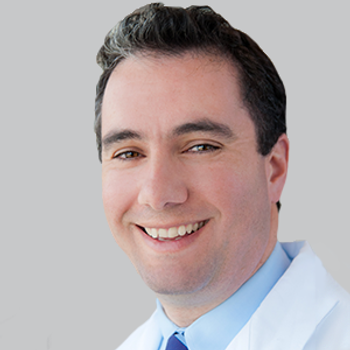
The next important area of therapeutic development in MS appears to be in disease damage repair.

The monoclonal antibody has shown continued success up to 8 years in clinical trials.

This marks the first time a BTK inhibitor showed a clinical proof-of-concept in relapsing MS.

An updated safety analysis of the therapy in patients with relapsing MS, up to 10 years, has shown no new safety signals.
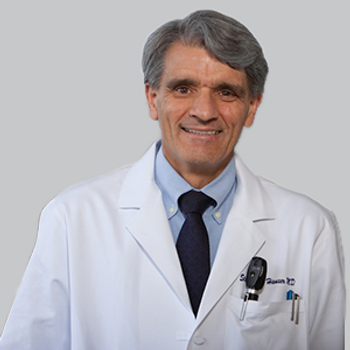
Data from multiple open-label extension trials have suggested that the therapy is more beneficial with earlier initiation compared to interferon ß-1a.

DESERVE is one of the first interventions potentially demonstrating the capacity to decrease racial and ethnic disparities in stroke risk reduction.

With a phase I trial of the therapy underway, EHP-101 is one step closer to potentially showing an effect on the pathology of multiple sclerosis.
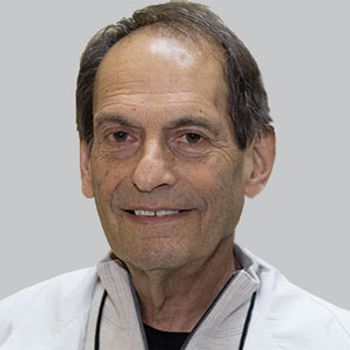
In a small trial, the AAVrh74.MHCK7.micro-dystrophin therapy has shown high levels of transduced micro-dystrophin expression.

The majority of relapses were treated in an outpatient setting, and that the rate of outpatient relapses very sharply declined during pregnancy.
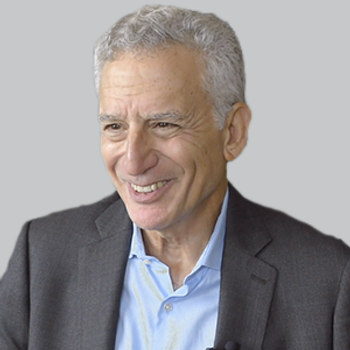
Although the history of developments in Alzheimer has been littered with failures, there remains reason to be hopeful about the future.

Based on the findings in this early phase, Emerald Health expects to start phase II trials in both MS and scleroderma.

A new analysis of more than a dozen clinical trials has shown no increase in stroke risk for patients with MS, who have shown a higher risk than the general population.

Although the differences between groups were not statistically significant, combined findings have shown a risk reduced by close to half.
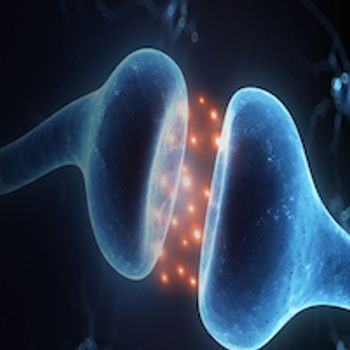
The results suggest that early use of donepezil may be efficacious against cognitive decline but not for the prophylaxis of psychosis.

When physicians can’t rid patients of their disease, it’s important to remember that they can still help patients live well with it.

Almost 45% of those who received an antidementia treatment experienced the never event of co-administration of a high-potency anticholinergic medication and an acetylcholinesterase inhibitor.
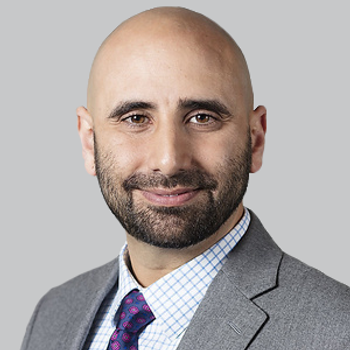
An independent investigation out of UC San Diego has found no statistically significant evidence showing a higher risk of mortality with the therapy compared to quetiapine or combination therapy.

The movement disorder specialist in the Henry Ford Health System spoke about the needs for improving treatment and diagnosis of Parkinson disease.

GW Pharmaceuticals stated that it plans to bring the drug to market in the United States in the next 6 weeks.

This approval marks the third of its kind in the calcitonin gene-related peptide inhibitor class, starting with erenumab in May 2018.

The anti-inflammatory agent is also being explored in progressive MS, with phase II results reading out earlier this year.

A retrospective analysis has established clinical distinctions between expressions of juvenile Huntington disease, suggesting a need for a reclassification.

A pilot study has identified a potential link between obstructive sleep apnea and a higher risk of sudden unexpected death in epilepsy.

The restless leg syndrome expert discussed how general neurologists can best identify and address newly diagnosed patients, as well as what has changed in recent years.

New research has added to the growing body of research suggesting a wide range of health benefits from light physical activity.

With the planned submission of an IND for the first AAV gene therapy for the rare genetic condition, some experts are wondering if things are moving too quickly.